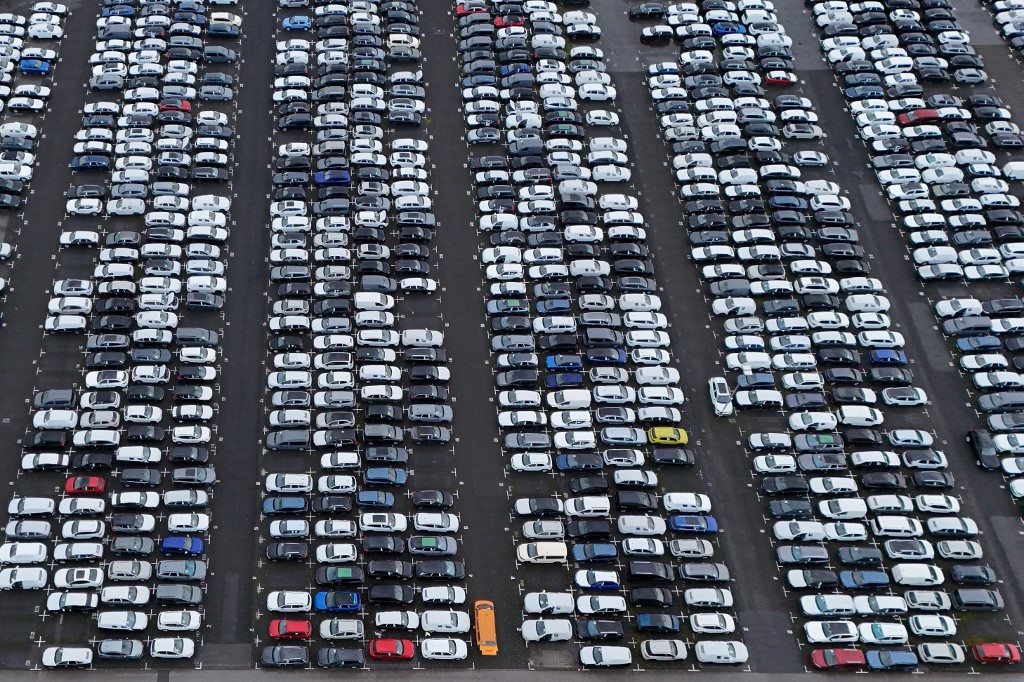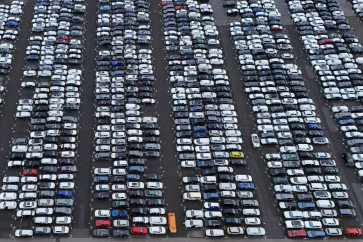Popular Reads
Top Results
Can't find what you're looking for?
View all search resultsPopular Reads
Top Results
Can't find what you're looking for?
View all search resultsCar Sales Stagnation in Indonesia
The government must develop a more balanced approach to fulfill Indonesia's potential in the automotive industry. The government can implement policies such as lowering taxes on all types of cars, making financing more accessible and supporting economic growth to bolster the industry.
Change text size
Gift Premium Articles
to Anyone
T
he number of car sales in Indonesia has been stagnant over the past decade. It has never returned to its sales peak of 1.23 million units in 2013. Since 2013, annual sales have remained stationary at approximately 1 million units. Year 2024 was worse, with car sales falling to over 866,000 units, the lowest since 2020, when the COVID-19 pandemic severely disrupted the economy.
Indonesia still offers a large opportunity for the automotive industry going forward. The ratio of car owners to the general population in Indonesia remains lower than in neighboring countries such as Thailand and Malaysia.
Indonesia’s car ownership ratio is 99 cars per 1,000 inhabitants. In contrast, Thailand and Malaysia’s are 275 and 490, respectively. These figures underscore a substantial untapped potential in the domestic automotive market, given that it is the world's fourth-most-populous country at 281.6 million people.
We find that this stagnation is particularly striking given the growing population and the rising number of households in Indonesia, two data points with the potential to translate into more car ownership. However, data from the 2024 National Socio-Economic Survey (SUSENAS), gathered by Statistics Indonesia (BPS), reveals that only 14 percent of households own a car.
The Association of Indonesian Automotive Manufacturers (Gaikindo) data reveals that car sales have stagnated and face a downward trend since reaching 1 million in 2022 and 2023. Car sales declined by 2.9 percent during the first four months of 2025 compared to the same period in 2024, when sales already declined by 22.7 percent year-on-year (yoy).
Several key factors have driven the decline in new car sales in Indonesia. Foremost is slowing economic growth, which is reflected by weakened purchasing power, particularly in the lower and middle income ranges. Additionally, regulatory tightening on car ownership credit since 2023 has further constrained consumer access to financing. High vehicle taxes remain a significant burden on owners and prospective buyers. Moreover, prevailing economic uncertainty continues to be a factor in the contraction of car sales.
With its high population, Indonesia has the potential to become one of the largest passenger vehicle markets, not only in ASEAN but also in Asia and globally. However, only a small proportion of households own cars. In 2019, just 11.7 percent of households reported car ownership. This figure rose modestly to 14.0 percent in 2024, reflecting a slow growth rate after 5 years.



















